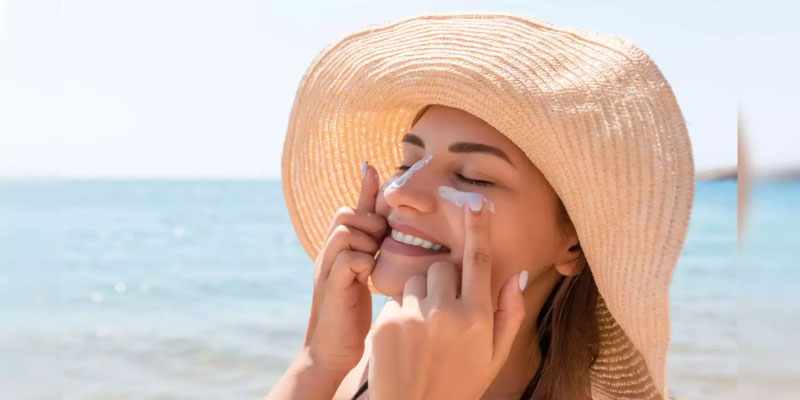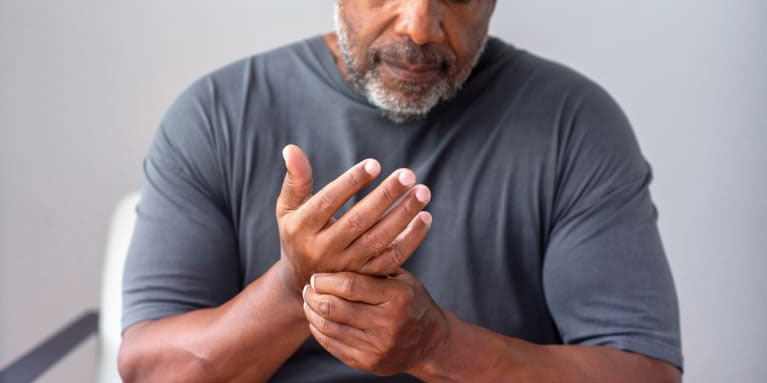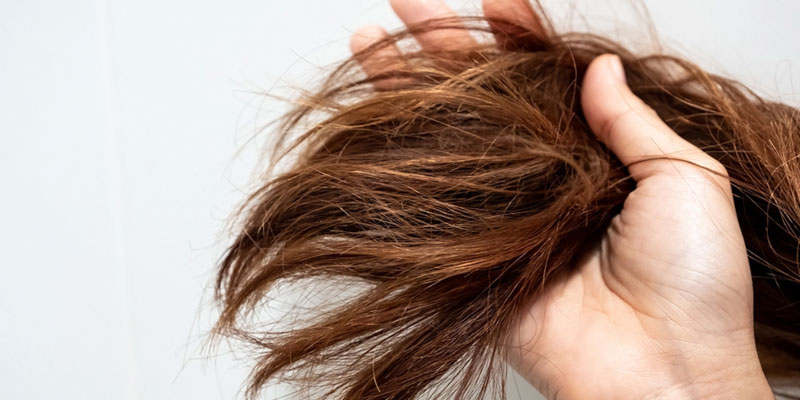The summer season is quickly approaching, so it's almost time for outdoor activities like sunbathing, swimming, barbecuing, and playing in the sand. One of the greatest joys of this season is just being able to spend more time outside, thanks to the mild climate.
Yet, if you don't take precautions to prevent sunburn, you might feel horrible while everyone else is having a great time. When you overexpose your skin to the sun, you risk more than just the temporary pain of a burn.
What's Photoaging?
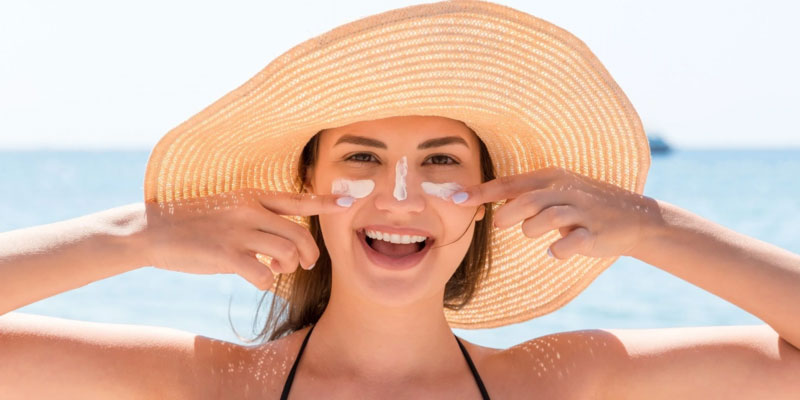
Premature aging of the skin caused by prolonged exposure to sunlight, namely UVA and UVB rays, is known as photoaging. Both exposure to the sun's UV rays and artificial UV light sources can cause photodamage. Exposure to ultraviolet radiation has been linked to accelerated aging of the skin and an increased risk of skin cancer. Sun damage, solar damage, and photoaging are various names for the same phenomenon.
What Distinguishes Photoaging From Chronological Skin Aging?
This is called chronological skin aging, when your skin ages normally by age and genes. It can't be avoided. Lifelong exposure to ultraviolet light, mostly from the sun, is the primary cause of photoaging. Damage to the skin's DNA from the sun increases the risk of developing skin cancer. Taking the proper safeguards can greatly lessen the effects of photoaging.
Is It Possible to Reverse Sunburn?
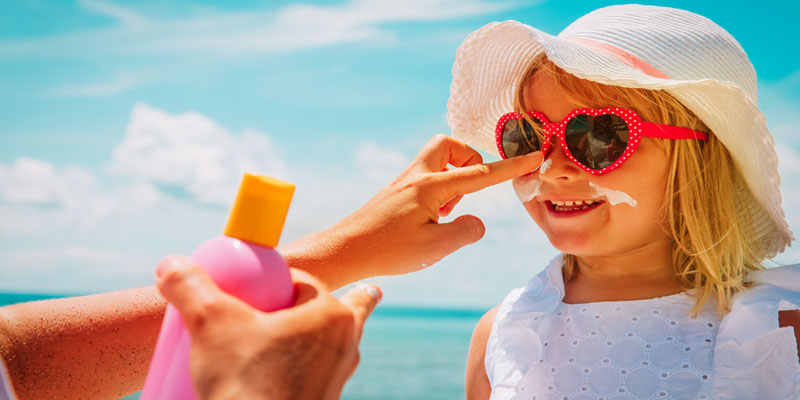
You can't undo the harm to your DNA caused by UV rays to your skin cells. But it doesn't mean I feel bothered when you are stuck with your current skin tone and texture. Fortunately, UV damage to the skin may be treated, mitigated, or repaired.
Spots and other skin discolorations can be removed, wrinkles and fine lines can be reduced, the skin's texture can be smoothed out, and new skin and collagen development may be stimulated by treatments that enhance the skin's appearance, tone, and quality.
Put On Some Sunblock
The sun's UV radiation causes sunburn. It is crucial to protect your skin from harmful UV radiation on gloomy and sunny days. Sunscreen is one method of avoiding skin cancer. The words "wide spectrum" on the bottle indicate that it blocks UVA and UVB radiation. Use sunscreen with an SPF of 30 or higher for optimal safety. Furthermore, make sure you verify the date before using it. Always use enough sunscreen, and reapply after swimming or with heavy perspiration.
Wear A Cap
A hat's brim should be at least two or three inches long to shield your eyes from the sun. Think about wearing the rest of your body in protective gear as well. Unlike sunscreen, which gradually wears off, this garment keeps you covered all day.
Put On Some Shades
Sunglasses are essential year-round to shield your eyes and the skin surrounding them from the sun's damaging rays. Although spending a little extra on a pair of sunglasses may seem wasteful, your skin will thank you for protecting it from harmful ultraviolet light. Large sunglasses are your best bet when shielding the delicate skin around your eyes.
Don't Sunbathe
Never expose yourself to the sun for a long time without shade, even if you're using sunscreen. Be in the shade from a tree or a beach umbrella, and you'll be considerably more comfortable. Don't forget to put on sunscreen; even in the shade, some of the sun's ultraviolet rays might reach you.
Avoid Using A Tanning Booth
The American Academy of Dermatology reports that using an indoor tanning bed even once significantly raises your risk of acquiring skin cancer by 20% throughout a lifetime. Using a self-tanning body lotion is a good idea if you care about having a tanned appearance.
Guard Against Other Burns
Your skin can be damaged by more than simply the sun. It would help to take precautions against burns to ensure your safety. As illustrations, consider the following:
- To keep the seat and wheel of your car cooler in the summer, cover them while you park in the sunlight.
- Wear flip-flops when walking across hot sand at the beach or along the pool's edge.
- Keep your hands away from the grill, and always use oven mitts while opening the grill or turning food.
Do People Of Color Get Sunburned?
Ultraviolet (UV) rays can damage people of all skin tones. Sunburn is more likely when the skin is exposed to UV rays. Yet, since their skin contains more dark pigment melanin, people of color are less susceptible to sunburn. Melanin serves as a barrier to the sun's potentially harmful ultraviolet radiation. Although people of color (such as Black people) are less prone to become burnt, they are nevertheless at risk for sun damage and painful, peeling sunburns.
